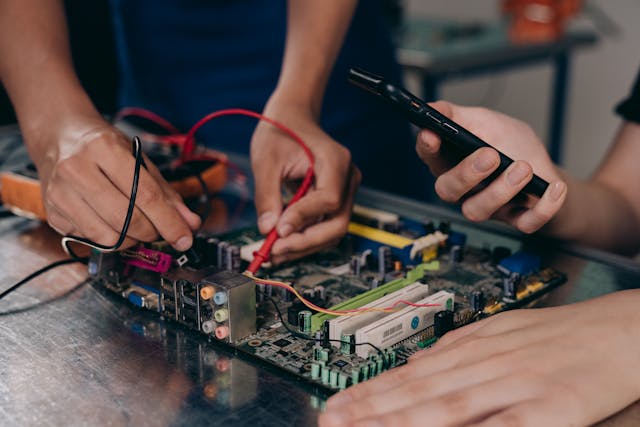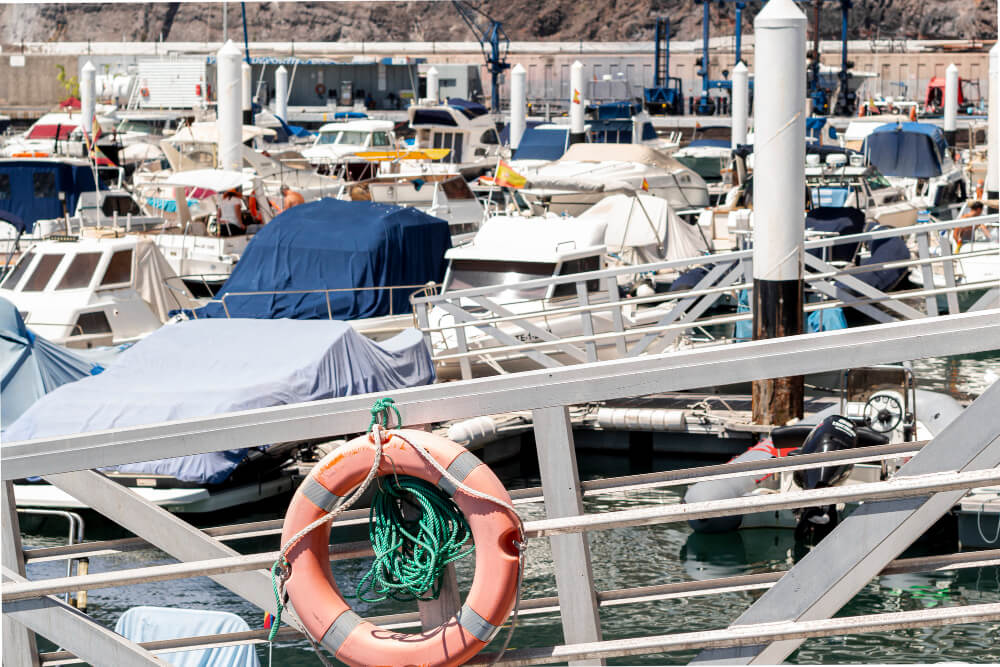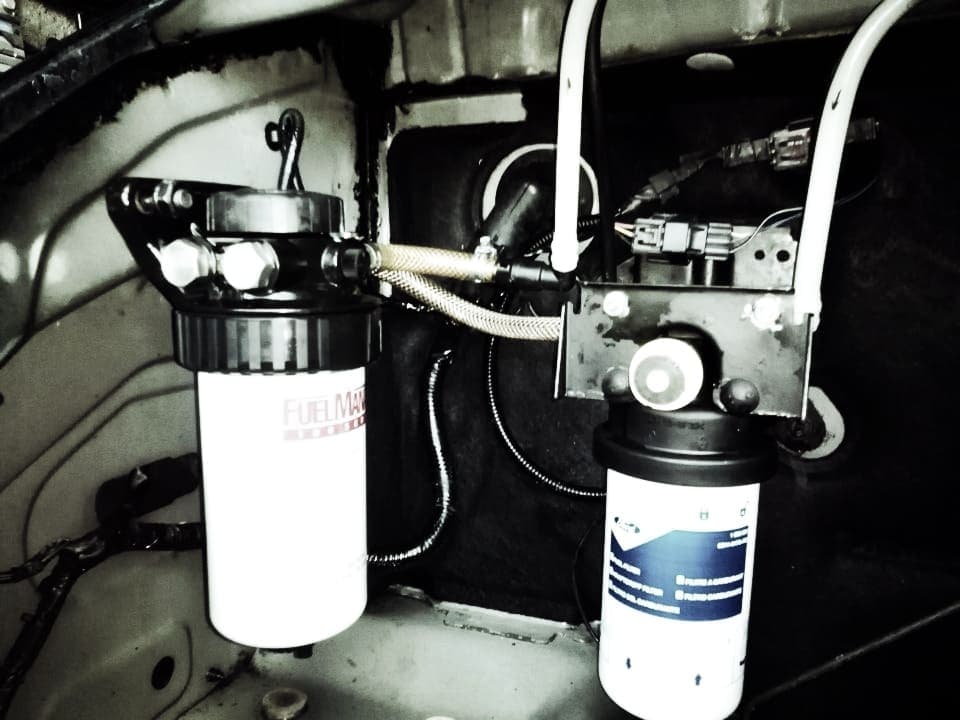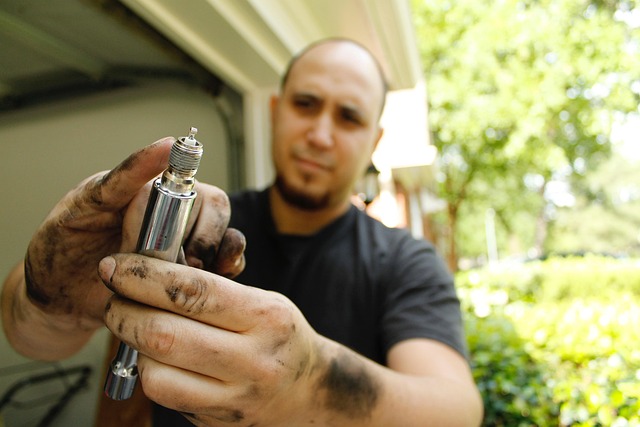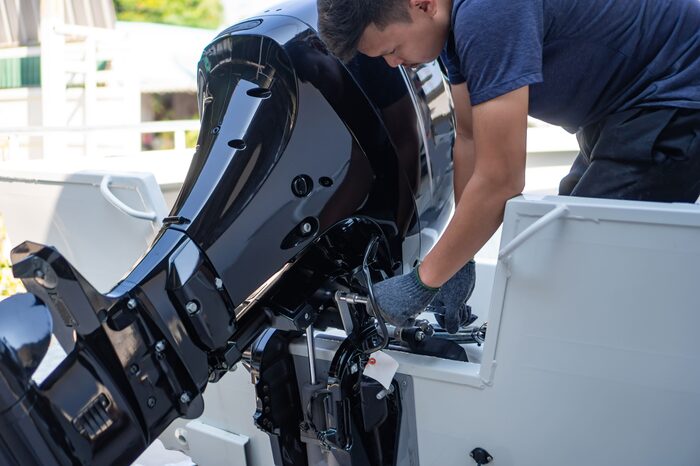Whether you’re cruising, fishing, or just relaxing out on the water, one thing’s for sure, your boat’s electrical system plays a big role in how smooth (or frustrating) that day will go.
At OS Marine Services, we’ve seen just about every kind of electrical issue that can happen on a boat. Some small, some serious, and a few that could’ve been avoided with a bit of upkeep.
In this post, we’ll walk you through the most common electrical problems we deal with on boats, how they show up, and what you can do to prevent them. Don’t worry, this isn’t technical jargon. We’re keeping things simple and straight to the point.
1. Corroded Wires and Connections
Saltwater, moisture, and metal don’t mix well. Over time, wires and terminals can corrode, especially in boats that don’t get regular checks or proper sealing. Corrosion can block electrical flow, mess with voltage, and cause devices to act up or stop working entirely.
Signs to Look For
- Flickering lights
- Random electronics cutting out
- Green or white crust on wire ends or battery terminals
We often find that corrosion is hidden behind panels or under decks. Regular inspections (especially before the season starts) can help catch it early.
2. Dead or Weak Batteries
This is probably one of the most common issues we see, especially when boats have been sitting for a while. Marine batteries don’t last forever, and unlike car batteries, they’re under more stress with charging, discharging, and exposure to weather.
What Can Go Wrong?
- The boat won’t start
- Electronics won’t power up
- The engine dies shortly after starting
Sometimes it’s just an old battery. Other times, it’s poor charging or wiring that’s slowly draining the power. Either way, it’s something we can test and fix quickly.
3. Poor or DIY Wiring Jobs
We totally get it, many boat owners love working on their vessels. But marine electrical systems are not the same as home or auto setups. Using the wrong wire types, missing fuses, or messy wiring can lead to shorts, failures, or even fires.
Common Mistakes We See
- Household wires are used instead of marine-grade wiring
- Spaghetti-style wiring with no labelling
- Loose connections or unprotected terminals
Clean, safe, and professional wiring isn’t just about looks, it keeps your boat safer and easier to troubleshoot down the road.
4. Grounding and Bonding Issues
On land, grounding is straightforward. On water, not so much. Boats have complex grounding and bonding systems that help with electrical safety and corrosion control. When these systems are poorly installed or damaged, you can get shocking issues, literally.
What You Might Notice
- Small shocks when touching metal parts
- Fast corrosion of propellers or underwater metals
- Electrical noise interfering with radios or sonar
Proper bonding and grounding help protect your equipment and your safety. We check and fix these systems regularly during electrical diagnostics.
5. Navigation Lights Not Working
This might sound like a small thing, but non-working nav lights can get you in trouble, not just with marine patrol, but also in low-light conditions when other boats can’t see you.
Why Does This Happen?
- Burnt-out bulbs
- Corroded wiring
- Broken switches or connectors
Replacing bulbs is easy, but we also check the full system to make sure it’s not a wiring issue that’ll pop up again next trip.
6. Inconsistent Power to Electronics
If your GPS, fishfinder, stereo, or VHF radio keeps restarting, lagging, or losing signal, it’s often a voltage drop or interference issue. These devices need clean, steady power to work properly, and if the wiring isn’t up to par, they won’t perform the way they should.
Fixes Might Include
- Upgrading wire sizes
- Fixing bad grounds
- Isolating power sources for sensitive electronics
We help many boat owners clean up their electronics setup so everything runs smoothly.
7. No Fuses or Wrong Fuse Sizes
Fuses are like bodyguards for your boat’s electrical system. They protect your wires and devices from damage when something goes wrong. But we often see boats with missing fuses, blown fuses that never got replaced, or worse, oversized fuses that won’t blow when they should.
What We Do
- Install the right size marine-grade fuses
- Label circuits for easy use
- Make sure your system is up to safety standards
This small detail can prevent big problems.
A Few Quick Tips to Keep Things Running
- Inspect your electrical system at least once a year, even if everything seems fine.
- Use marine-grade parts and wiring. They’re built to handle the harsh boating environment.
- Label your wires so troubleshooting is easier later.
- Keep terminals clean and tight. Loose or corroded terminals are often the root of electrical problems.
Need Help With Your Boat’s Electrical System? Contact OS Marine & Boat Repair Services
At OS Marine Services, we specialize in boat maintenance, electrical repairs, and full marine installations. Whether your boat’s having issues starting, your electronics are acting up, or you just want a clean, safe upgrade to your system, we’ve got you covered.
We have a fully equipped boat repair shop in Maple Ridge, but we also offer mobile marine services across the Metro Vancouver area. That means we can come right to your marina or dock to get the job done.
Ready to fix those electrical headaches and get back to smooth sailing? Give us a call or book your service online today.

